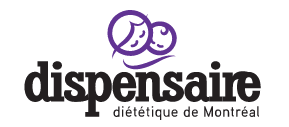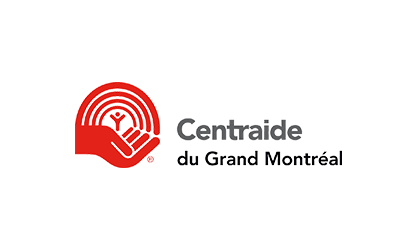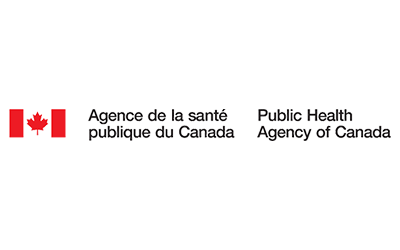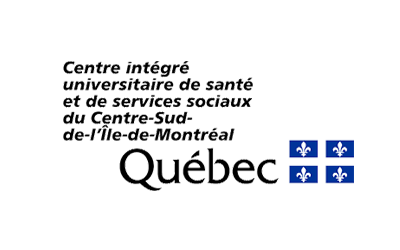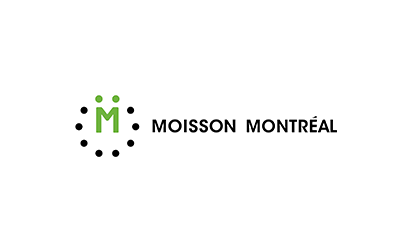During the breastfeeding period, it is important to have a balanced, varied diet that includes sufficient energy, protein, good fats, vitamins and minerals.
The body always favors breastfeeding in order to allow the baby to get all the essential elements it needs for its growth and development. In doing so, if the mother does not have a balanced and varied diet, the body will draw on its reserves to ensure that the breast milk is complete for the baby. This situation exposes the mother to nutritional deficiencies.
ENERGY AND PROTEIN
The nursing mother has increased energy needs by approximately 450 kilocalories per day, which are used for milk production. It is therefore recommended to keep the same eating habits as during pregnancy. To meet her needs, the mother must make sure to eat three meals and consume 2-3 snacks per day. The Canadian Food Guide is a good tool for guiding mothers on food choices and portions. The combination of different food groups ensures that the protein, energy, vitamin and mineral requirements are met. Snacks need to be nutritious; combine a source of carbohydrate with a high protein food such as dairy, nuts or legumes. Here are some examples of good nutritious snacks:
- Milk and apple
- Crackers and cheese
- Vegetables, humus and cheese
- Whole wheat bread slice and peanut butter
GOOD FATS
Dietary fats consumed by the mother affect the quality of her breast milk fat. Thus, taken in moderation, good fats are preferred since they can have positive effects on child development. Vegetable oils such as olive, canola and sunflower oil are preferred. Fish (English to follow) is also an excellent source of healthy fats including omega-3 (English to follow), which is essential for proper brain development in infants. Trans and saturated fats are, in turn, to be consumed only occasionally. They are found mainly in pastries, potato chips and fried food. Remember that fat, whether good or bad, is to be consumed in moderation because of its high energy value.
HYDRATION
During the breastfeeding period, the body secretes oxytocin, a hormone that can increase thirst. It is important to drink enough water to quench that thirst. Although the amount of liquid consumed does not influence the quantity of milk produced, it seems that, in a woman with very important dehydration, milk production may temporarily decrease. The color of urine is the best way to know if you drink enough water: if you are dehydrated, your urine will be dark and have a stronger odor than clear urine, a sign of proper hydration.
NEED A SUPPLEMENT?
Vitamin and mineral supplements are not necessary during breastfeeding if the diet is balanced and varied; it should fulfil all the needs of the breastfeeding mother and her infant. However, with the arrival of the baby, it is sometimes difficult to find the time to prepare meals, which can affect the quality of the diet. At the Montreal Diet Dispensary, a multivitamin is recommended for at least 6 to 8 weeks postpartum. Furthermore, vitamin D is recommended for the baby at 400 IU daily. For women who do not like fish, an omega-3 supplement may be suggested. Consult a physician or nutritionist for recommendations regarding supplements.
WARNING!
In general, there are no foods to avoid during breastfeeding. There is no evidence that cabbage or legumes (English to follow) are involved in colic episodes in babies. However, caffeine (English to follow) is to be consumed in moderation. Particular attention should also be paid to alcohol consumption, since it is found in blood and breast milk, and that the body needs time to eliminate it. Energy drinks and natural health products should be avoided completely since they can be dangerous for the baby. For any questions related to food and breastfeeding, consult a healthcare professional.
